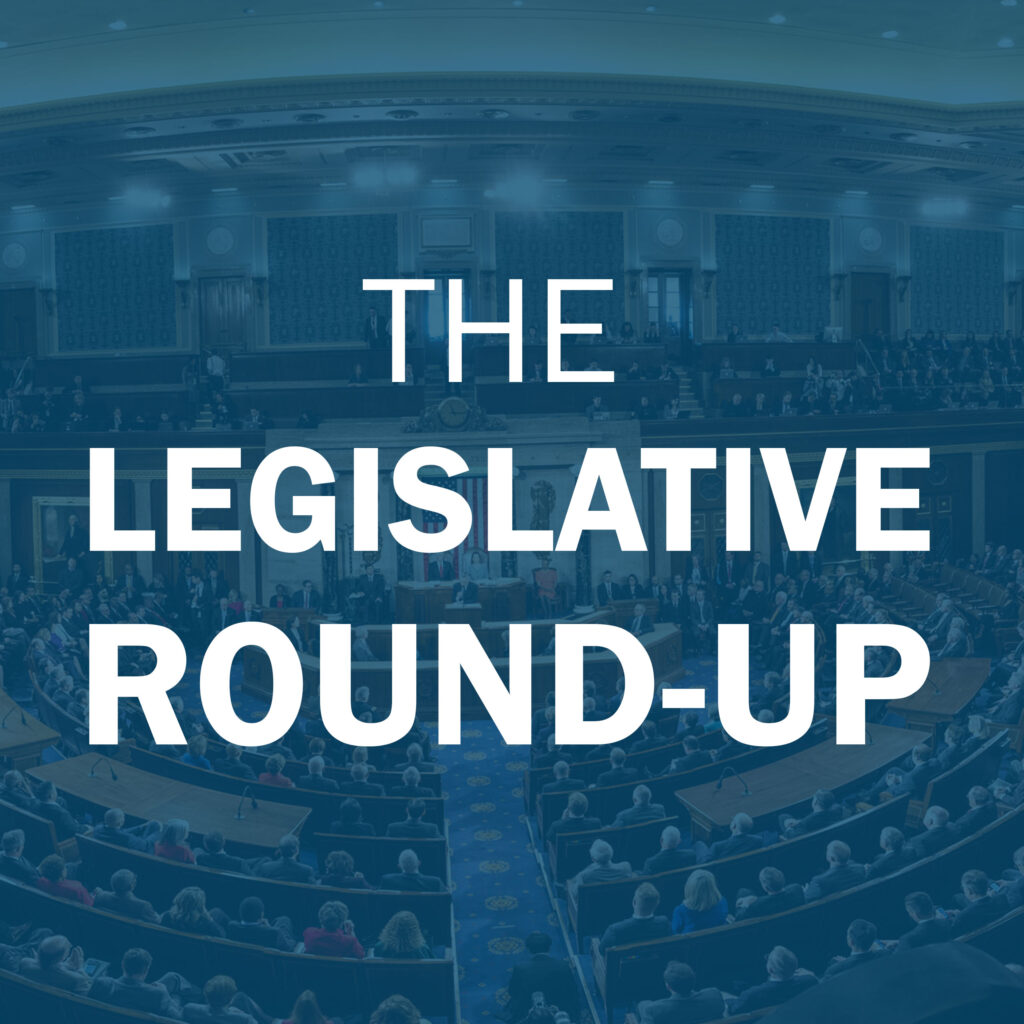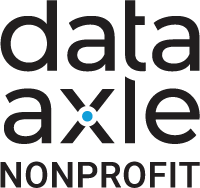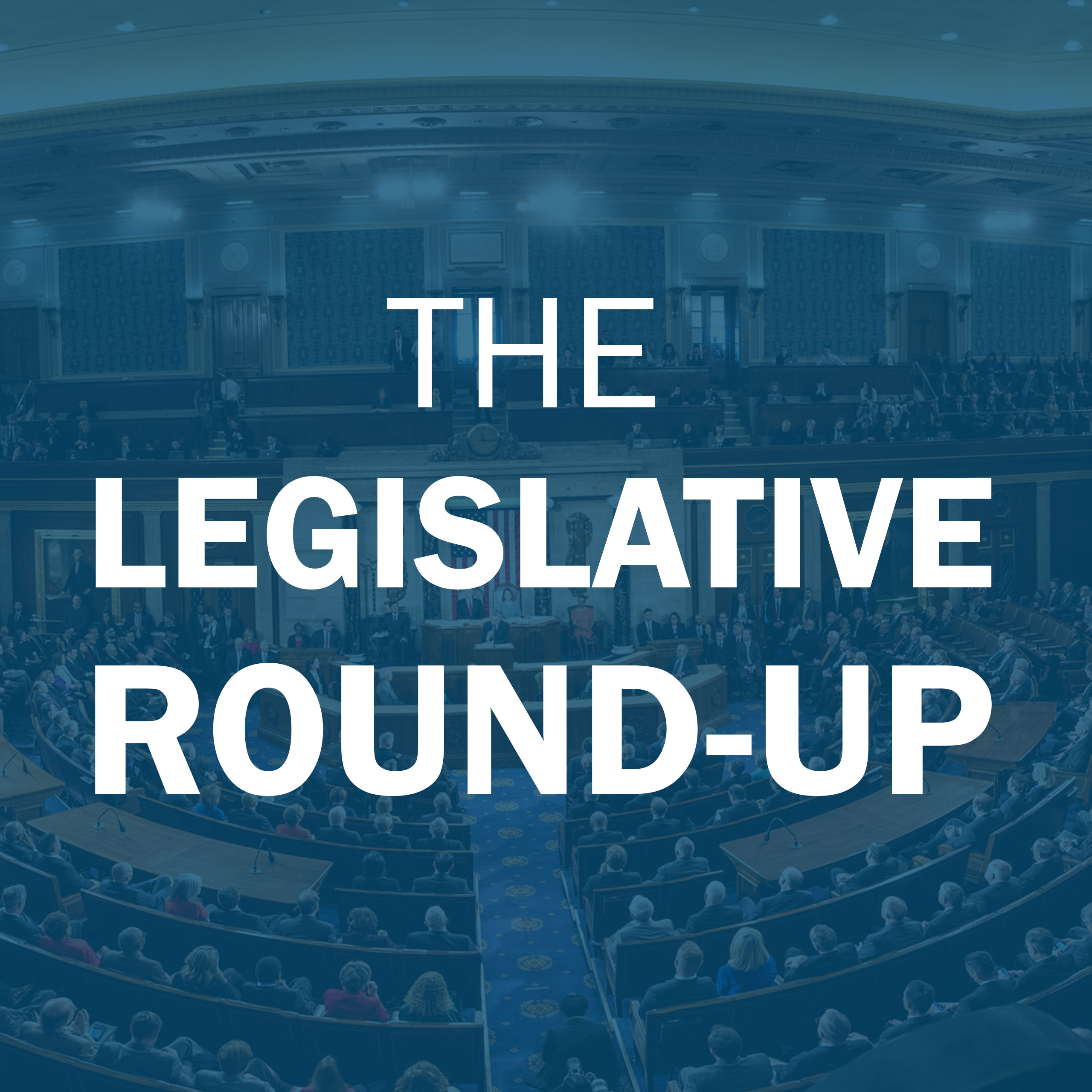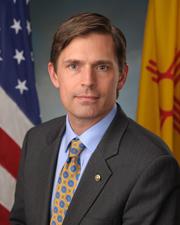Legislative Round-Up | March 2025

July Postal Rate Increase Explained
While Postmaster General Louis DeJoy resigned this week, the Postal Board of Governors appears determined to vote to raise postal rates well above predicted rates at its next meeting expected in mid-April.
USPS rate authority is governed by a rate cap, which is ordinarily defined by pre-set parameters that allow mailers to make good predictions of increases. In mid-February, the Postal Regulatory Commission (PRC) granted a USPS request to, in effect, get a refund from all mailers for the revenue it “lost” due to mailers taking advantage of USPS promotional discounts. The new rates will include the predicted cap amounts plus an additional amount attributable to the PRC-approved “refund.”
The anticipated summer postage rate increase will take effect on or about July 20. The following rates assume that the USPS will, as is customary, use all of its rate authority:
First Class 8.0% (expect an 80¢ stamp)
Marketing Mail Letters 11.6%
Marketing Mail Flats 13.6%
Periodicals 9.4%
USPS is also adding a day to its service standards, adding a day to business reply mail delivery.
TNPA Submitting Comments on National Data Privacy Legislation
The House Energy and Commerce Committee issued a request for information (RFI) seeking comments on potential national privacy legislation. TNPA’s comments, due by April 7, will focus on:
- Burdens placed on both nonprofits and their commercial partners in complying with the patchwork quilt of 19 individual state privacy statutes.
- The need for a clear federal preemption of all current and future state privacy statutes.
- The onerous burden that would be placed on the sector if a private right of action were enacted, which would result in numerous, often frivolous, class action lawsuits.
Executive Action Threatens Exclusions from Public Service Loan Forgiveness
A March 7th executive action seeks to limit Public Service Loan Forgiveness (PSLF) eligibility for organizations the current White House administration determines are engaged in “illegal activities,” and decrees that “individuals employed by organizations whose activities have a substantial illegal purpose shall not be eligible for public service loan forgiveness.” The order identifies categories of activities that the administration believes should result in an organization being excluded from qualifying PSLF employment:
- “Aiding and abetting” violations in immigration law. Immigration and resettlement organizations could be at risk.
- “Child abuse,” which the administration specifically defines as providing or supporting gender-affirming healthcare for transgender youth, potentially impacting LGBTQ+ organizations.
- “Engaging in a pattern of aiding and abetting illegal discrimination,” which could implicate civil rights and nonprofits supporting DEI initiatives.
Why this matters: PSLF offers an important benefit for recruiting staff into the nonprofit sector, competing with higher salaries offered in the private sector. Under PSLF, a total of $78 billion of student loans have been forgiven, aiding 1,069,000 borrowers with an average loan balance of $73,000.
Around Capitol Hill in 90 Seconds with Mark Micali
March 2025 | Recorded: 3.24.2025
Another Platform Law: Hawaii
In mid-2024, Hawaii enacted legislation, SB 2983, regulating fundraising platforms under the oversight of the Attorney General. It was modeled after California’s law, AB 488, which took effect in January 2023. At the time of its enactment, neither the Hawaii legislature nor the Hawaii AG were aware of AB 488’s faulty design and administration. Hundreds, if not thousands, of nonprofits have lost revenue due to being unfairly deprived of third-party platform giving for varying lengths of time, some for many months.
Now working its way through the Hawaii legislature is SB 1048, intended to correct deficiencies in the existing law. It passed the Senate and was significantly amended in the House last week, including extending the effective date from January 1, 2026, to June 30, 2026, to allow the AG sufficient time for necessary rulemaking.
TNPA is following this closely. We are working with our members and partners to weigh the current version of SB 1048’s effectiveness in avoiding the damage done by AB 488. Given the California experience, we believe that the Hawaii AG will be amenable to using the law’s rulemaking process to patch any cracks. TNPA will participate in that process and will keep you informed.
Legislation in the States
Read more about new state laws and proposed state bills that could impact the work of the nonprofit sector by visiting TNPA’s State Legislation webpage.
Advocacy Partners
Platinum Sponsor

Gold Sponsor
Silver Sponsor

Bronze Sponsors


Are you interested in sponsoring TNPA’s advocacy program?
Contact Abby Graf at agraf@tnpa.org.




